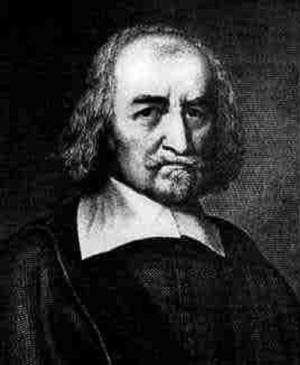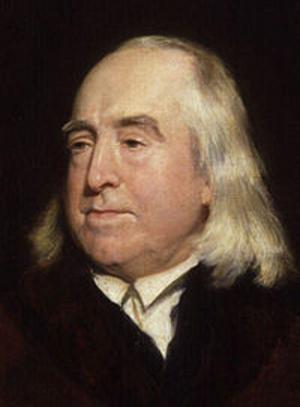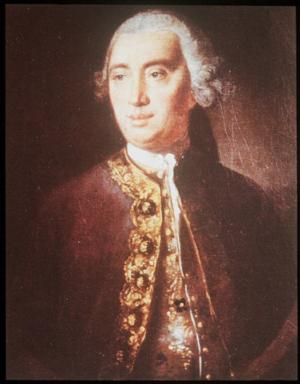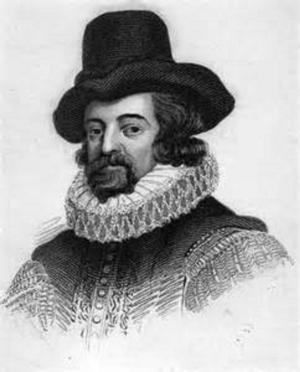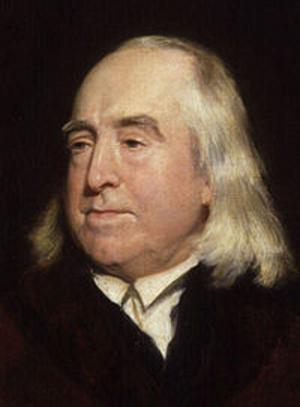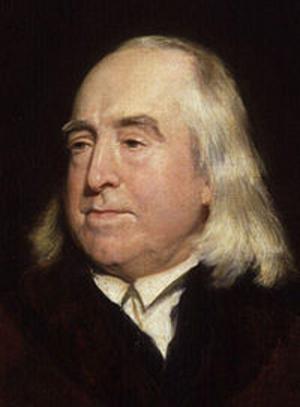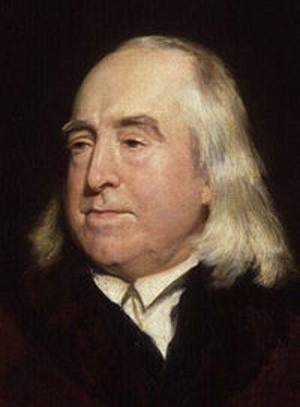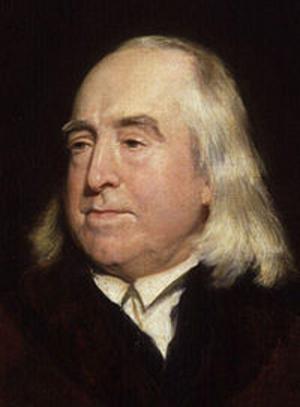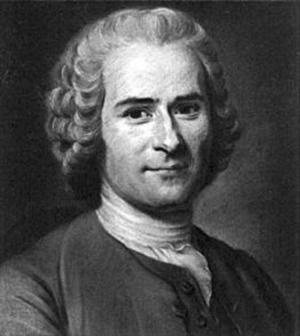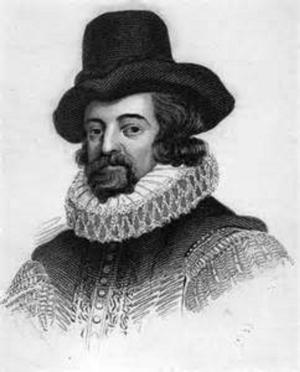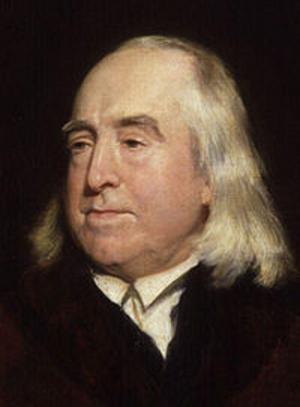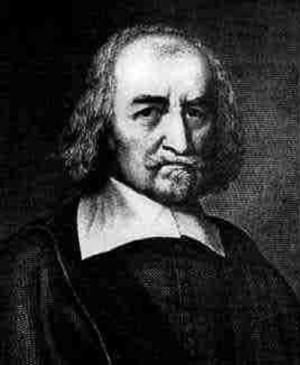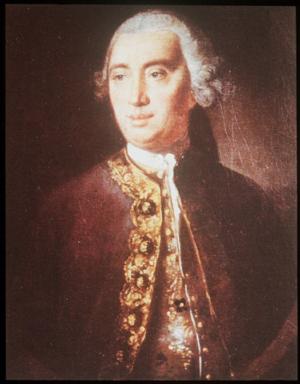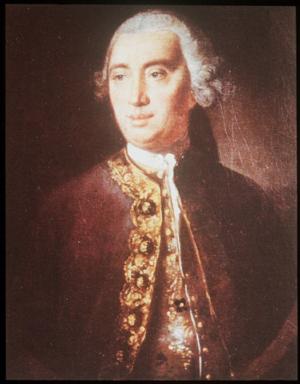Thomas Paine on Louis XVI of France, Decline of the English System of Finance, and Agrarian Justice (Illustrated)
Business & Finance, Economics, Macroeconomics, Theory of Economics| Author: | Thomas Paine, Timeless Books: Editor | ISBN: | 1230000718950 |
| Publisher: | www.WealthOfNation.com | Publication: | October 12, 2015 |
| Imprint: | Language: | English |
| Author: | Thomas Paine, Timeless Books: Editor |
| ISBN: | 1230000718950 |
| Publisher: | www.WealthOfNation.com |
| Publication: | October 12, 2015 |
| Imprint: | |
| Language: | English |
The book has an active table of contents for easy access to each volume and section of the following titles by Thomas Paine:
1. ON THE PROPRIETY OF BRINGING LOUIS XVI TO TRIAL
2. REASONS FOR PRESERVING THE LIFE OF LOUIS CAPET
3. SHALL LOUIS XVI HAVE RESPITE?
4. APPEAL TO THE CONVENTION
5. THE DECLINE AND FALL OF THE ENGLISH SYSTEM OF FINANCE
6. AGRARIAN JUSTICE
Thomas Paine was one of the founding fathers of the United States. He was also a political activist, philosopher, political theorist and revolutionary that is seen today in the row with the greatest thinkers such as John Locke, John Stuart Mill, Thomas Hobbes, Alexander Hamilton, George Washington, Thomas Jefferson, and Benjamin Franklin. Their collected thoughts have had strong influence on building the foundation of the United States and its endeavor of open society.
Thomas Paine’s essays in this collection were published between 1791 and 1804 in a row. In the collection, Paine argued against the execution of Louis XVI instead of voting that Louis XVI should be exiled to the United States due to the aid of the American Revolution by the royalist France and due to a moral objection to revenge killings.
Paine along with Alexander Hamilton, George Washington, Benjamin Franklin was granted with honorary French citizenship due to their deep involvement in the French Revolution. However, in 1794, He was arrested in France due to becoming involved in the French Revolution. Paine claimed that he was a citizen of America and appealed to the Convention for his contributions to the French Revolution by writing APPEAL TO THE CONVENTION.
Paine predicated a fall of the English system of finance by a deep assessment to its root cause in the essay THE DECLINE AND FALL OF THE ENGLISH SYSTEM OF FINANCE. He also advocated a new vision of a democratic and republican society for Great Britain. He believed in the inevitability of scientific and social progress, wide spread of free markets, and liberty of every one.
Agrarian Justice was published in the winter of 1795. In this last essay by Paine, he further developed the ideas in the Rights of Man about how land ownership separated the majority of people from their natural inheritance and means of independent survival. Paine's analysis of property rights made a distinct contribution to political theory.
The collection is the source of Paine's political views that all pointe to a society based on the common good and individualism. It is also the source of Paine’s political experience and of observations of the societies of the United States, France, and Great Britain at a turning point.
Thomas Paine is forever remembered as a philosopher, political theorist and revolutionary through his extremely influential works. His works have produced great influence on building the foundation of the United States. His books are the wakeup call to the self-indulged dictators. His view to the real world became widely recognised as the foremost philosophical and political voice of freedom. His theory still remains true and his spirit of hard core to challenge the establishments still inspires the young generations around the world to build and evolve our democratic systems around worlds for a better future. Paine’s influence has been felt in nearly every field of the humanities and sciences.
This book is one of the most important ones about the thoughts of human rights and freedom by Thomas Paine, one of the greatest thinkers of modern political philosophy on the planet.
The book has an active table of contents for easy access to each volume and section of the following titles by Thomas Paine:
1. ON THE PROPRIETY OF BRINGING LOUIS XVI TO TRIAL
2. REASONS FOR PRESERVING THE LIFE OF LOUIS CAPET
3. SHALL LOUIS XVI HAVE RESPITE?
4. APPEAL TO THE CONVENTION
5. THE DECLINE AND FALL OF THE ENGLISH SYSTEM OF FINANCE
6. AGRARIAN JUSTICE
Thomas Paine was one of the founding fathers of the United States. He was also a political activist, philosopher, political theorist and revolutionary that is seen today in the row with the greatest thinkers such as John Locke, John Stuart Mill, Thomas Hobbes, Alexander Hamilton, George Washington, Thomas Jefferson, and Benjamin Franklin. Their collected thoughts have had strong influence on building the foundation of the United States and its endeavor of open society.
Thomas Paine’s essays in this collection were published between 1791 and 1804 in a row. In the collection, Paine argued against the execution of Louis XVI instead of voting that Louis XVI should be exiled to the United States due to the aid of the American Revolution by the royalist France and due to a moral objection to revenge killings.
Paine along with Alexander Hamilton, George Washington, Benjamin Franklin was granted with honorary French citizenship due to their deep involvement in the French Revolution. However, in 1794, He was arrested in France due to becoming involved in the French Revolution. Paine claimed that he was a citizen of America and appealed to the Convention for his contributions to the French Revolution by writing APPEAL TO THE CONVENTION.
Paine predicated a fall of the English system of finance by a deep assessment to its root cause in the essay THE DECLINE AND FALL OF THE ENGLISH SYSTEM OF FINANCE. He also advocated a new vision of a democratic and republican society for Great Britain. He believed in the inevitability of scientific and social progress, wide spread of free markets, and liberty of every one.
Agrarian Justice was published in the winter of 1795. In this last essay by Paine, he further developed the ideas in the Rights of Man about how land ownership separated the majority of people from their natural inheritance and means of independent survival. Paine's analysis of property rights made a distinct contribution to political theory.
The collection is the source of Paine's political views that all pointe to a society based on the common good and individualism. It is also the source of Paine’s political experience and of observations of the societies of the United States, France, and Great Britain at a turning point.
Thomas Paine is forever remembered as a philosopher, political theorist and revolutionary through his extremely influential works. His works have produced great influence on building the foundation of the United States. His books are the wakeup call to the self-indulged dictators. His view to the real world became widely recognised as the foremost philosophical and political voice of freedom. His theory still remains true and his spirit of hard core to challenge the establishments still inspires the young generations around the world to build and evolve our democratic systems around worlds for a better future. Paine’s influence has been felt in nearly every field of the humanities and sciences.
This book is one of the most important ones about the thoughts of human rights and freedom by Thomas Paine, one of the greatest thinkers of modern political philosophy on the planet.

